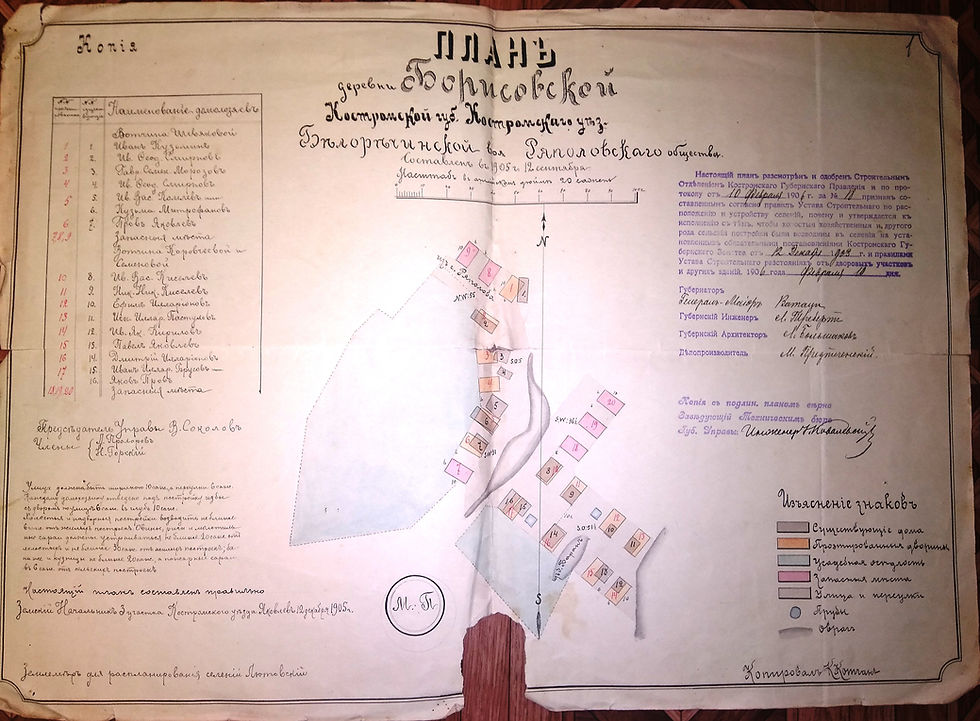Is Duolingo Losing the Plot?
- Yelena McCafferty

- Jul 26, 2025
- 2 min read
Uptake in foreign languages has been declining in the UK for years, and with AI now entering our daily lives, the motivation to learn another language seems lower than ever. Still, many people turn to language learning apps, whether it’s to brush up a language studied long ago before a trip abroad, or simply to keep their minds active. Duolingo, in particular, has gained popularity for both reasons.
I downloaded Duolingo when my son started learning French at secondary school. I’d studied German as my second language at university, so I literally didn't have a clue about French. I thought I’d learn alongside him to give some support as he got to grips with the basics. Then came the pandemic. We were all confined to lockdowns, glued to Netflix, Apple TV and other things to keep us amused, and Duolingo stayed on my phone.
Predictably, I didn’t enjoy French. So, a few months before a trip to Portugal (one of those short windows when the government allowed us to travel) I switched to Portuguese. I did pick up a few words and phrases, but they turned out to be practically useless on the trip. It became clear that Duolingo might not be the best method for learning a language you actually want to use.
Thinking about it, how effective is it even at teaching the basics? In the age of conversations around gender-inclusive language, Duolingo appears to have followed the trend, but not always wisely. In Russian it requires a verb in the plural after the phrase “one Muslim man”, as if “he” were “they”. This is just laughable. Even without the word “one”, the noun would still take a singular verb, it’s basic grammar.

Or take Ukrainian on Duolingo. Why all the questions about having Skype and showing how it works? Skype was officially discontinued in May this year.

This week, a newspaper article about AI in the workplace mentioned that Duolingo uses AI for performance reviews. A quick search reveals it also uses AI to create lessons. If it does, it needs updating. And is this the same AI that is responsible for the awkward Russian translations in the first place?
[Tip: While we don't teach Russian, we can help you with professional translations from and into Russian. Please email us enquiry@talkrussian.com with your requirements.]


Comments